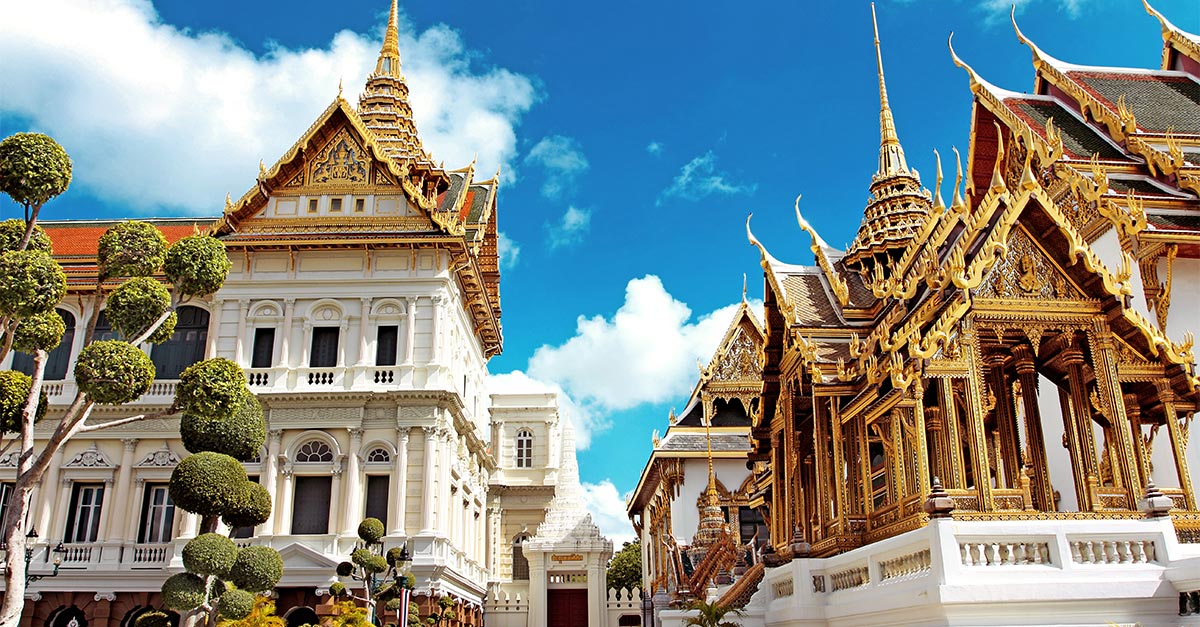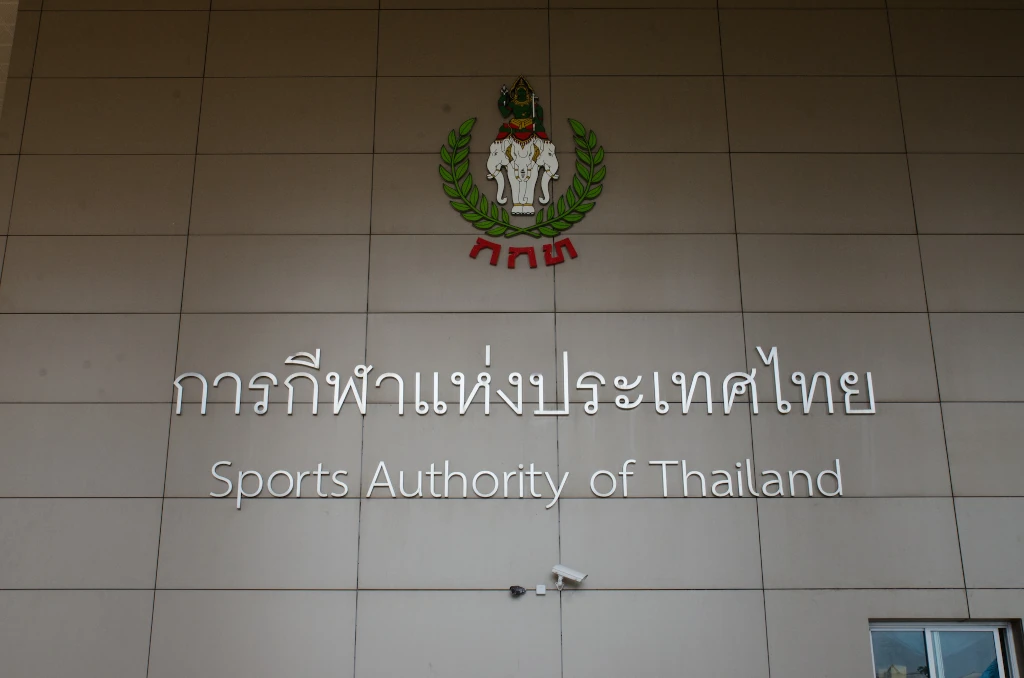
On July 23, 2025, Thailand’s Sports Authority of Thailand (SAT), in a meeting chaired by Deputy Prime Minister Suriya Juangroongruangkit, formally recognized poker—alongside flag football and American football—as an official sport, a landmark decision poised to transform Thailand's approach to sports, tourism, and regulation. This historic move redefines poker as a skill-based mind sport, entirely distinct from gambling, and establishes a legal framework for professional competition in the country.
SAT officials emphasized that poker’s recognition stems from its nature as a game requiring strategic thinking, psychological acuity, and mental calculation rather than chance, aligning it with global mind-sport disciplines like chess and bridge. In the words of Deputy PM Suriya Juangroongruangkit, the decision marks a pivotal step in positioning Thailand as a destination for international tournaments and sports tourism. The move also signals Thailand’s ambition to diversify its sports portfolio under Prime Minister Paetongtarn Shinawatra’s broader “Amazing Thailand Grand Tourism and Sports Year 2025” strategy.

The timing of this recognition is especially strategic. The announcement aligns closely with the World Poker Tour (WPT) Prime Thailand event, scheduled from July 30 to August 5, which is expected to attract hundreds of players and spectators from around the world. This first major tournament under the sport classification offers an immediate proof-of-concept for Thailand’s vision: a convergence of competitive play, tourism, and spectator experience.

In a preparatory step, the Ministry of Tourism and Sports collaborated with the WPT in May to deliver Thailand’s first certified poker dealer training programme in Bangkok. Over five days, 100 prospective dealers were trained in technical, administrative, and dispute resolution skills to ensure professionalism in tournament operations.
Despite this progressive shift, Thai lawmakers remain firm that gambling remains strictly prohibited under the nation's existing legal framework—specifically the 1935 Gambling Act and the Playing Cards Act of 1943, which restricts private ownership of more than 120 cards without government approval. The SAT has made it clear that poker in Thailand must remain untethered from wagering or betting constructs.
Beyond poker, some analysts speculate that this precedent may open avenues for similar games—such as bridge—to pursue official “mind sport” status, although no formal applications have yet been made.
In summary, Thailand’s formal recognition of poker as a sport reflects a calculated and symbolic innovation. It blends regulatory clarity with tourism strategy and global engagement. With premier events on the horizon and a solid policy foundation in place, Thailand could soon emerge as Southeast Asia’s hub for mind-sport excellence and competitive leisure—nothing left to chance.

 Content Writer: Janice Chew • Monday, 25/07/2025 - 16:25:24 - PM
Content Writer: Janice Chew • Monday, 25/07/2025 - 16:25:24 - PM